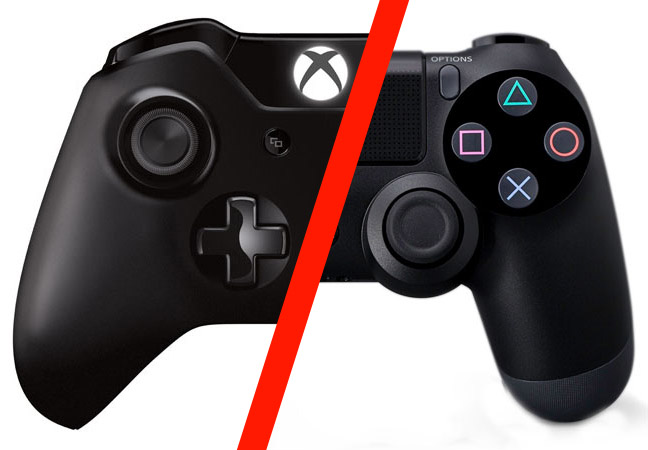Advanced Micro Devices chief executive Rory Read confirmed today that the company is shipping millions of its chips for next-generation game consoles that are launching in November.
The comment during AMD’s earnings call suggests — but does not definitively prove — that the Sony PlayStation 4 and Microsoft Xbox One will be available in plentiful supplies at launch. The PS4 launches on Nov. 15 in the U.S., while the Xbox One debuts on Nov. 22 in 13 markets, including the U.S. That reduces the risk that the consoles will be in extremely short supply during the holiday selling season.
Consoles usually sell out at launch, but the numbers of consoles available usually depends on whether the main chip vendor — in this case, AMD — can keep to its schedule for manufacturing the main processor chips.
“We successfully shipped millions of units to support Sony and Microsoft as they prepare to ship their next-generation consoles,” Read said.
Of course, whether Microsoft and Sony have enough consoles on hand for their launches depends on whether other manufacturers are also shipping their parts on time and that the quality level of manufacturing for the finished machines is up to par.
Sunnyvale, Calif.-based AMD makes the consoles’ accelerated processing units (APUs) which combine graphics and a microprocessor on the same chip. Sales from those chips accounted for a good bulk of sales in the company’s Semi-Custom chip business. And Semi-Custom and embedded chips were 30 percent of AMD’s overall $1.46 billion in revenue in the third quarter, according to the company’s earnings report today. The boost helped AMD return to profits in the quarter.
That revenue was up 26 percent from $1.11 billion in sales in the second quarter, and that was the largest growth from the second quarter to the third quarter for the company in five years, said chief financial officer Devinder Kumar during the conference all with analysts.
AMD ramped its semicustom system-on-chip business, with graphics revenues doubling. Read described the chips for the consoles as among the “most complex SoCs ever built.” Ramping that production was particularly difficult, but AMD executed well, Read said. AMD incurred the engineering costs for designing the chips upfront.
As the company improves production, the operating margins for the semi-custom chips could improve.
Read said that the game console revenues are generating a lot of interest in AMD’s capability to take its cores and build semicustom chips that customers can define as they like.
“We expect semicustom operating profit to improve as the business takes off,” Kumar said.
Meanwhile, Read warned that consumer laptop chip sales are declining faster than expected as the PC industry takes its lumps from the growth of smartphones and tablets. Over the next couple of years, AMD wants to have more than half of its business come from non-PC businesses such as the semicustom chips.
AMD is developing chips for those new markets, and it is also making chips for dense servers, or microservers, which are simpler but more energy-efficient. As for the transition from PCs to other markets, Read said, “The go-go era is over. We need to move and attack the new opportunities.”
VentureBeat's mission is to be a digital town square for technical decision-makers to gain knowledge about transformative enterprise technology and transact. Learn More

